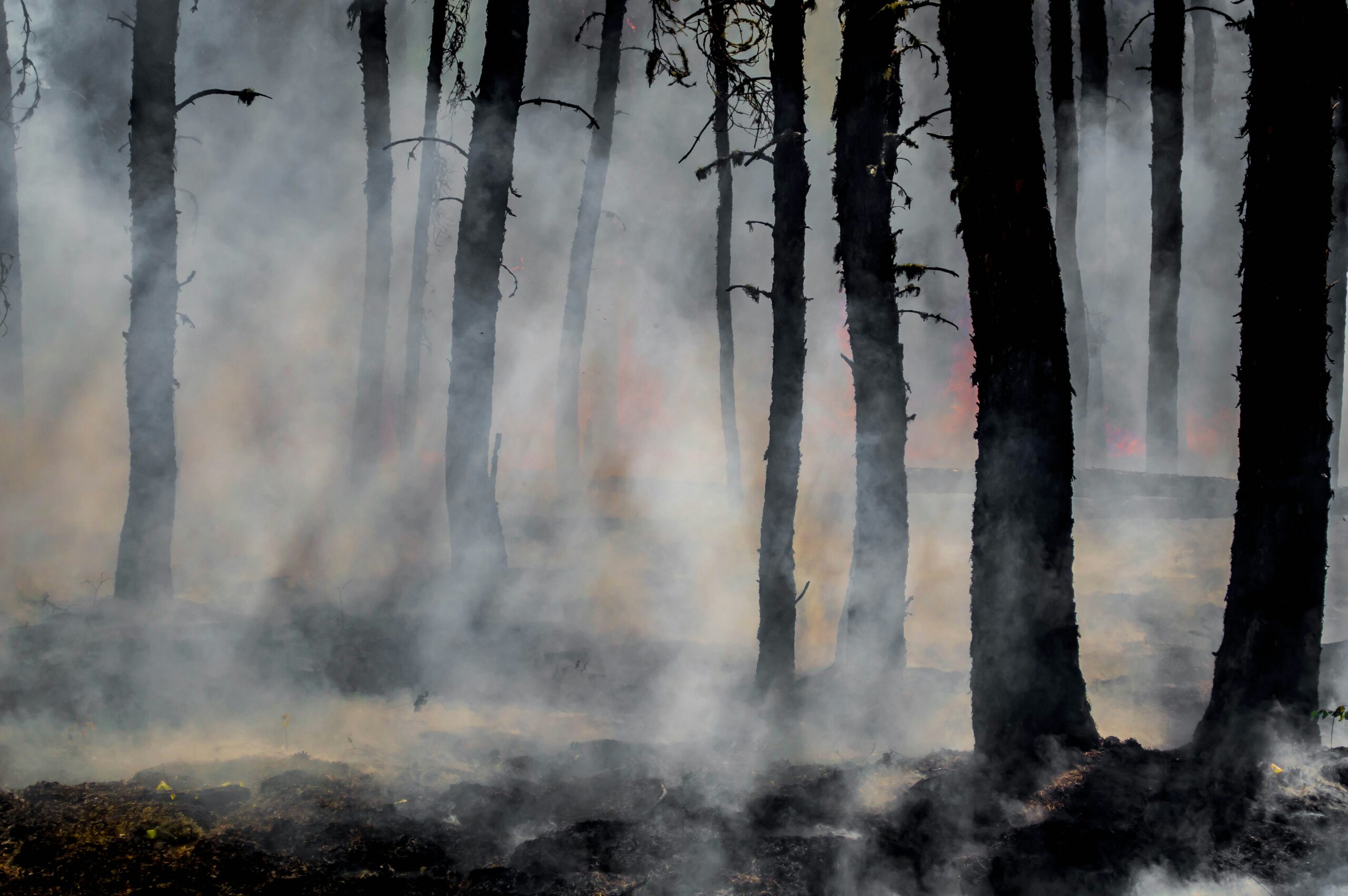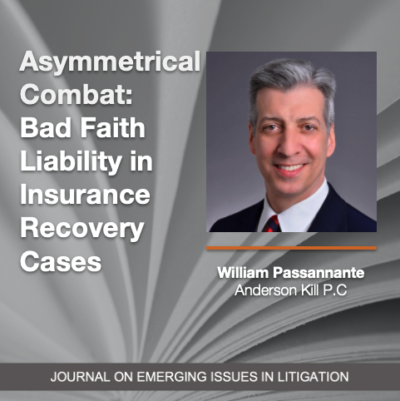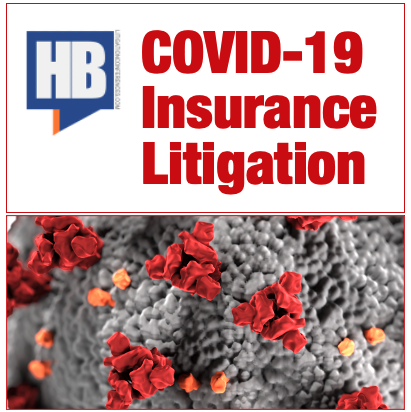Arson Investigations: Best Practices for Establishing Fraud and Avoiding Bad Faith
Arson-related insurance claims are rising—and so are the risks for insurers who don’t investigate thoroughly and by the book. Guest contributor Melissa A. Segel breaks down how carriers can use modern tools, smart strategy, and legal precision to uncover fraud while steering clear of costly bad faith pitfalls. A must-read for anyone navigating the intersection of fire science and insurance law.




